
Summer or winter, Japanese people wear socks to sleep — here’s why!
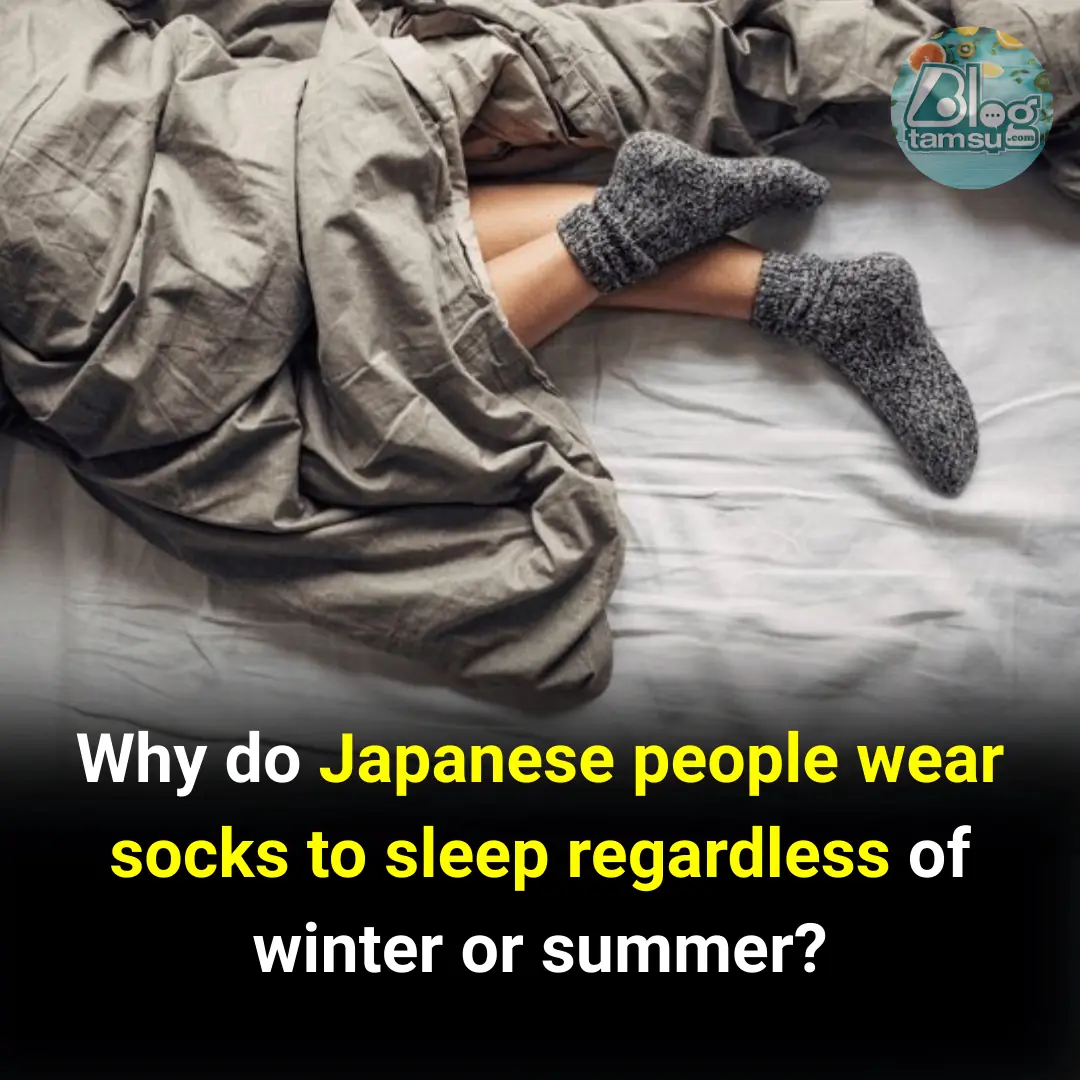
Wearing socks to bed helps improve blood circulation, keeps the feet warm, makes it easier to fall asleep, increases total sleep time, and thereby enhances longevity.
In Japan, people wear socks almost year-round, and many do not even take them off while sleeping. This country also has the highest average life expectancy in the world. For 20 consecutive years, Japan’s life expectancy has reached 84.6. Scientists believe that the habit of wearing socks may be related to health and longevity.
In fact, many analyses have shown the benefits of wearing socks and keeping the feet warm in general. A study published in the Journal of Physiological Anthropology found that wearing socks improves sleep quality and helps people fall asleep about 15 minutes faster than usual. This habit can also increase total sleep time by about 32 minutes on average. By keeping the feet warm during sleep, blood circulation improves, body temperature stays relatively stable, and it becomes easier to drift off.
Meanwhile, research from the University of Surrey and Northwestern University showed that poor sleep quality can reduce life expectancy by up to 10%. In reality, people who often struggle with insomnia experience weakened immunity, as well as a higher risk of diabetes and neurological disorders.
Wearing socks to bed also helps alleviate menopausal hot flashes—sudden body heat, night sweats, palpitations, and facial flushing caused by hormonal imbalance during menopause, which disrupts temperature regulation. Sleeping with socks can lower the body’s core temperature at night, reducing the severity of hot flashes.
Some people frequently suffer from cold hands and feet, mainly because their blood vessels constrict excessively, reducing blood flow to the extremities and causing numbness and chill. Wearing socks to bed can help relieve this condition and keep the feet warm.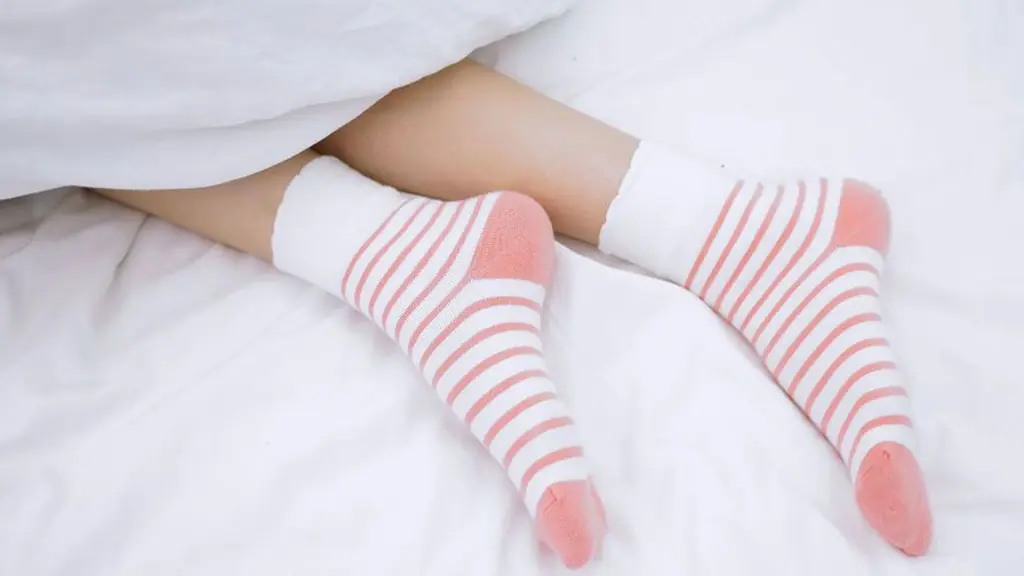
During the day, with sunlight and active metabolism, body temperature naturally stays higher. But at night, when the sun sets, external temperatures drop, and the body’s temperature also decreases by about 1–2°C. Metabolism slows, and because the feet are farthest from the heart, circulation there is less efficient, often leaving them colder than the rest of the body. Lower body and foot temperatures can negatively affect sleep.
Besides wearing socks to bed, other lifestyle habits also contribute to Japan’s ranking among the countries with the highest life expectancy.
The Japanese eat lightly, using less salt, oil, and seasoning. Unlike the Chinese preference for fried, stir-fried, and braised dishes, the Japanese favor a more “original” diet, using simple cooking methods to preserve the nutritional content of food.
They also enjoy intellectual games. Even at an advanced age, many Japanese go to game centers and even play esports. This form of “brain exercise” helps slow aging and improves cognitive performance.
News in the same category


Headache for 5 days, woman suddenly fell to the ground, co.nvulsed, had difficulty speaking
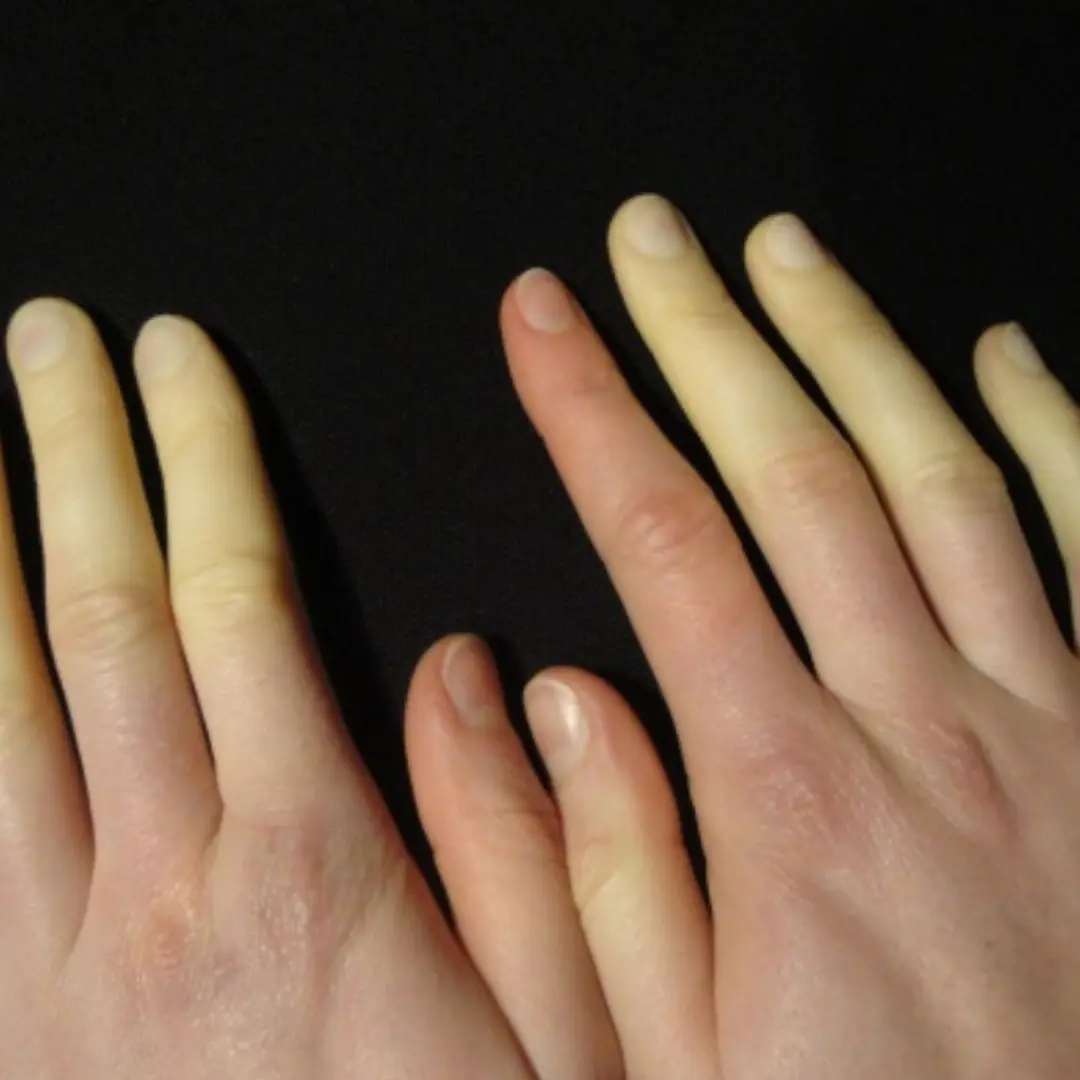
Spot these 10 symptoms? It’s time to see a doctor without delay!
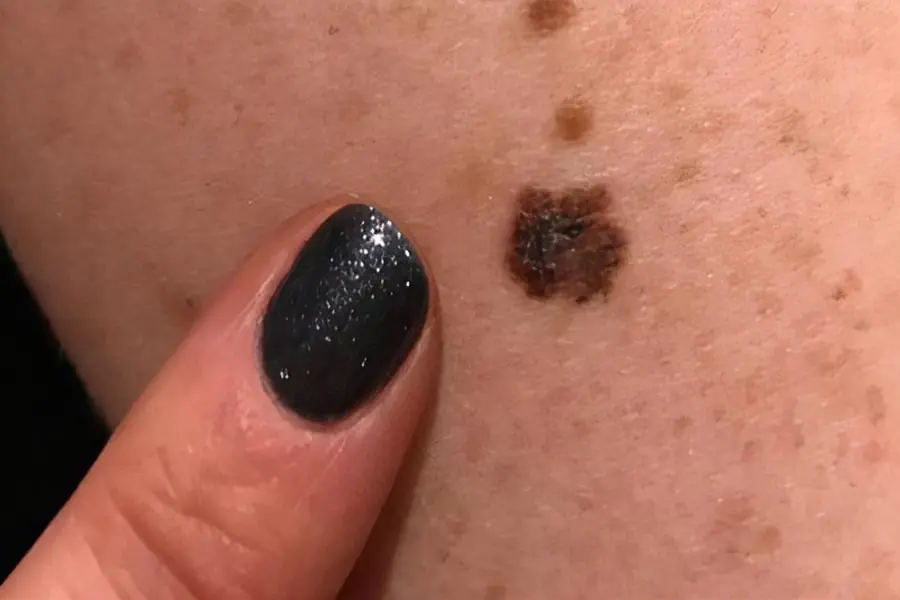
4 Types of Pimples That Could Be a “Disguise” for Can.cer

5 Foods That Become Harmful When Reheated

Women Who Regularly Eat These 4 Dishes Won’t Have to Worry About a Cold Uterus

7 Types of Fish High in Mercury: Limit Them No Matter How Much You Like Them

15 Foods That Are Good for People with Hemorrhoids
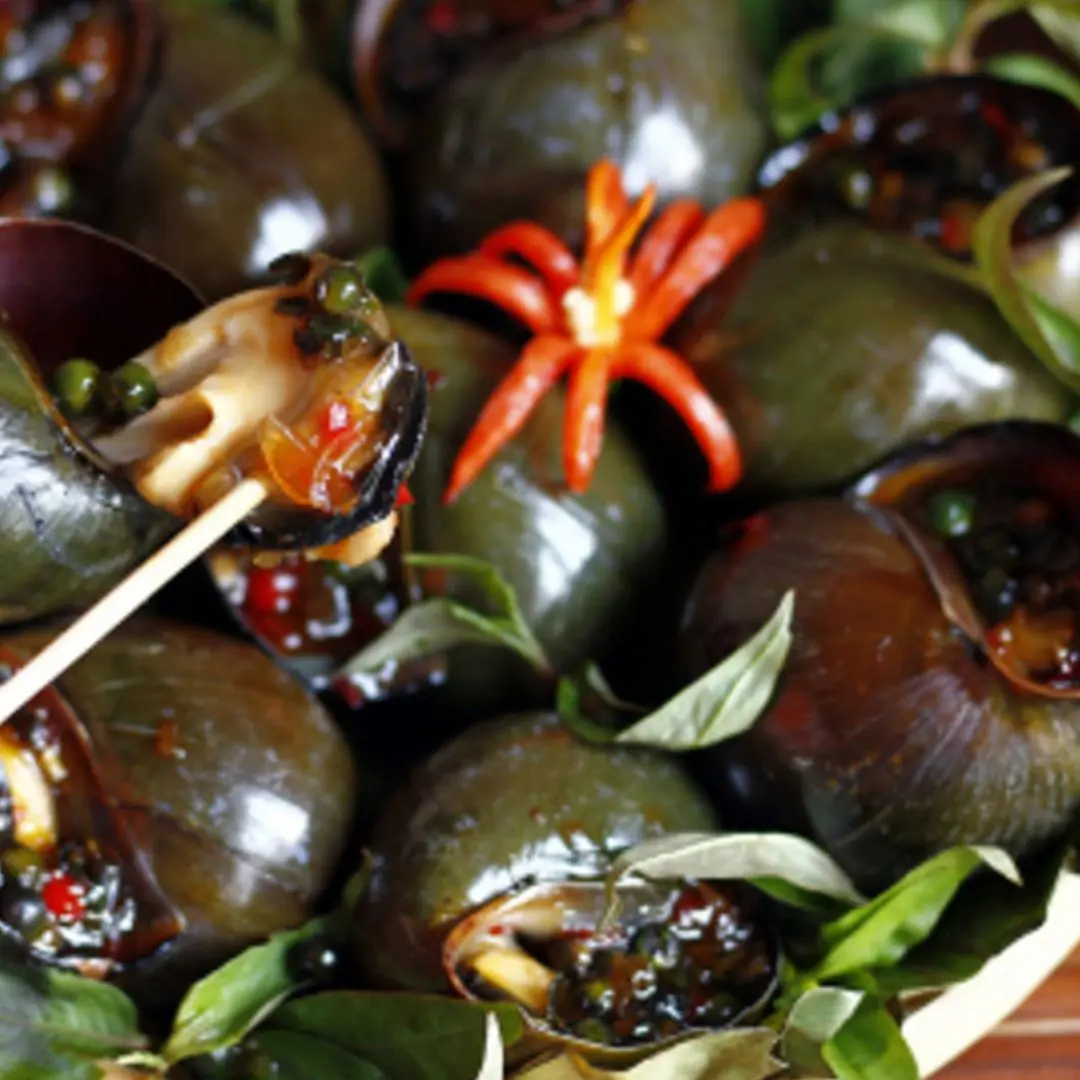
The Worst Foods for Worm Contamination You Should Know About
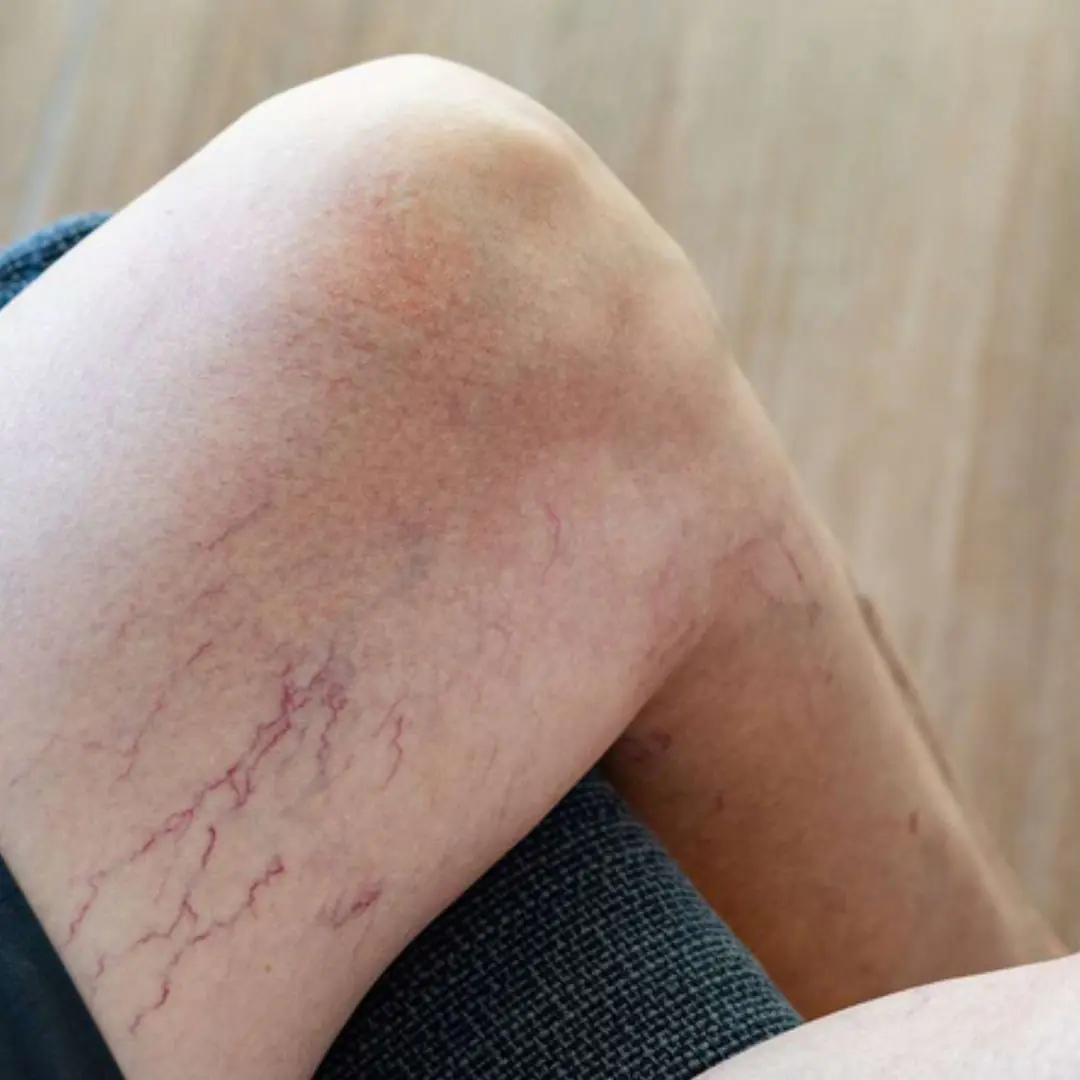
Leg Veins Turning Purple? Here’s What You Need to Know
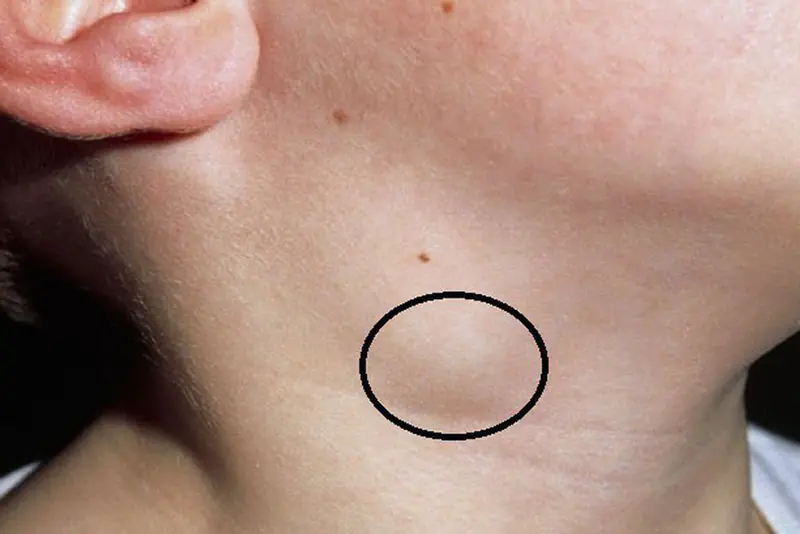
Revealing 6 Obvious Can.cer Warning Signs You Can Spot Just by Looking in the Mirror!
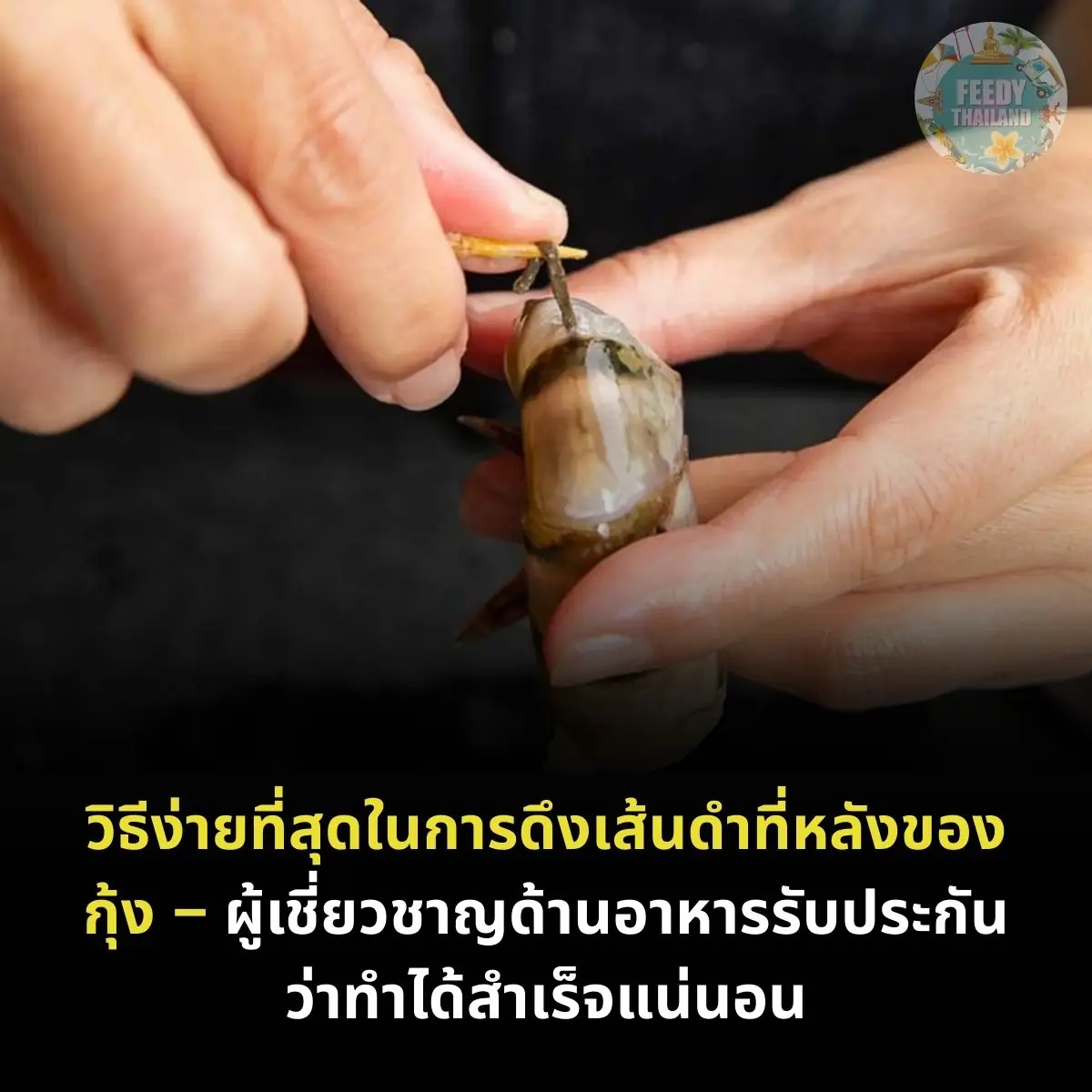
Women on the Verge of “Estrogen Depletion” Often Show 5 Alarming Signs
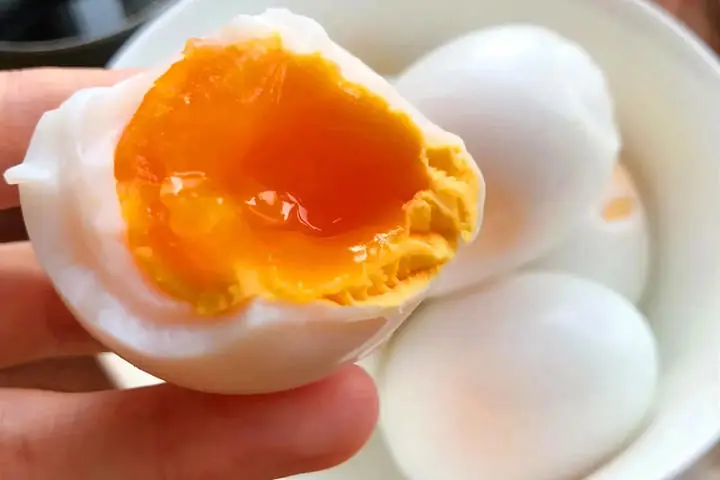
4 Foods Once Branded as “Health Enemies” That Turn Out to Be Superfoods
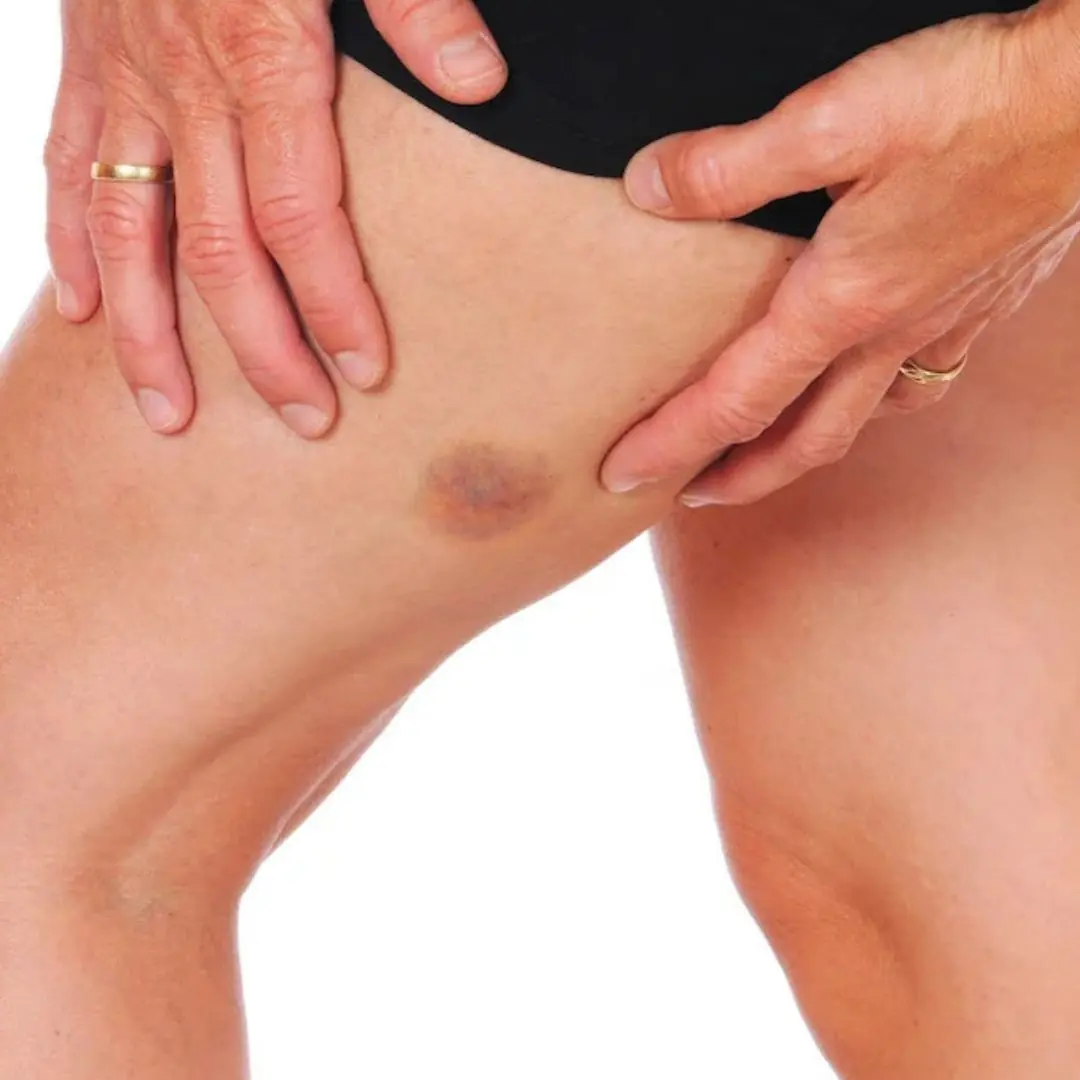
Waking up with bruises on your legs, a dangerous sign that you should not ignore

6 Types of Summer Seafood as Nutritious as Ginseng

Not for everyone: 5 groups who should be wary of bitter melon
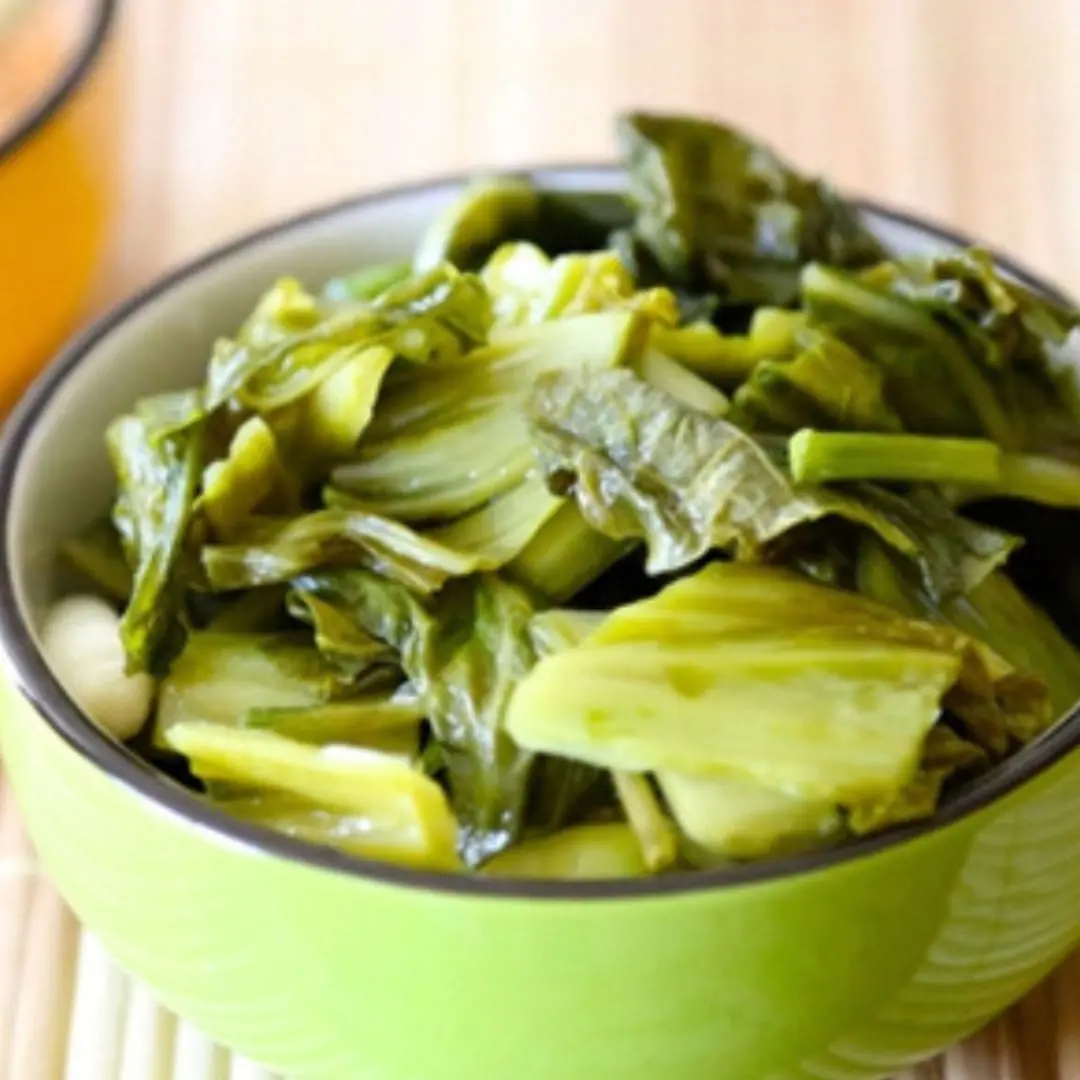
Who needs to cut back — or stay away — from pickled vegetables?

5 Types of Garlic with High To.xin Levels That Could Cost You Your Health
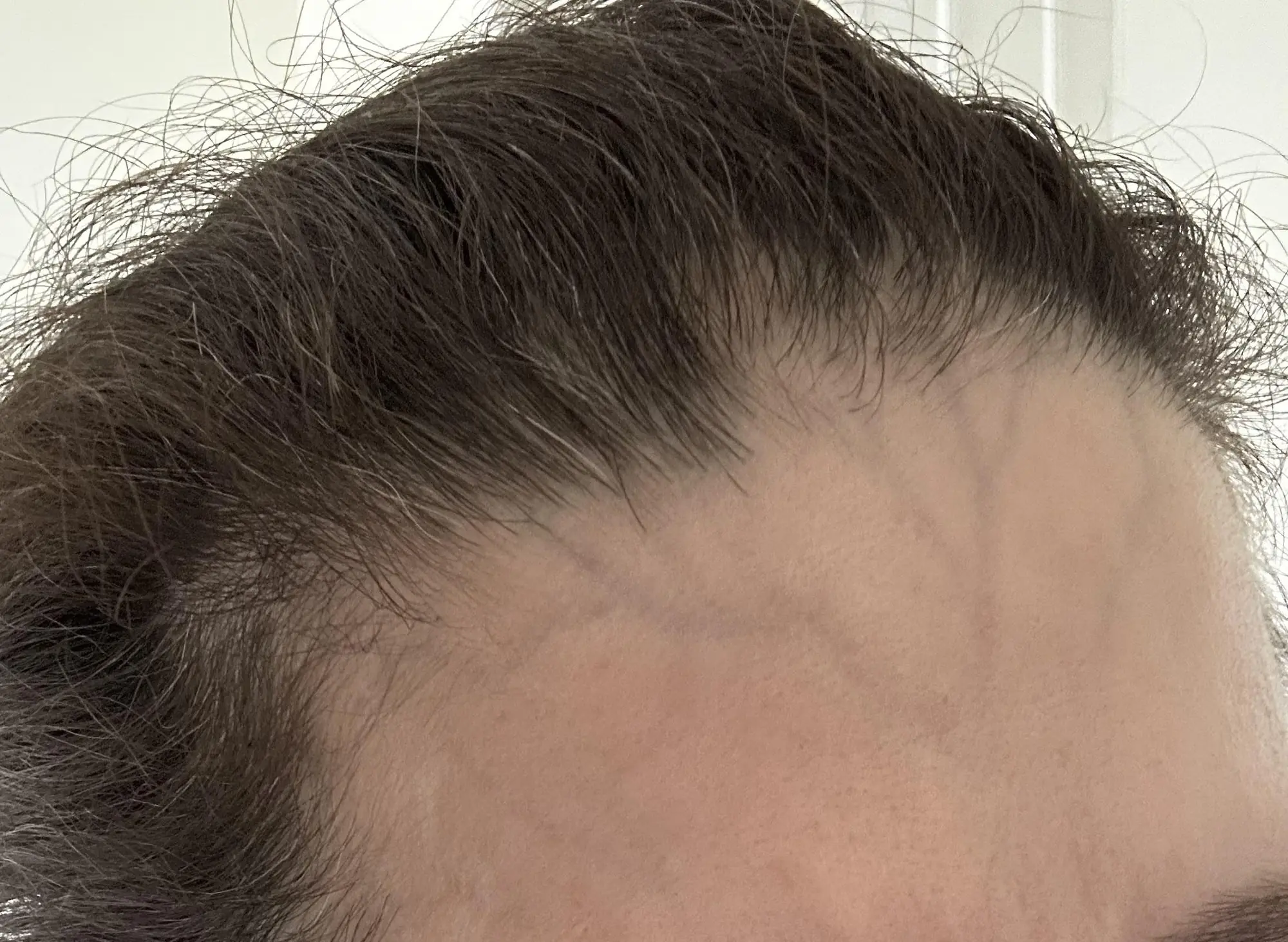
Visible Green Veins in 6 Areas Could Signal Hidden Diseases
News Post

Washing Machines Have a Special Mode That Dries Clothes Faster

Flight attendant explains why cabin crew members always sit on their hands during takeoff

6 things you should absolutely not do when you have neck and shoulder pain because they destroy bones and joints and are terrible for your stomach

8 types of plants that attract snakes into the house

Mixing fabric softener with salt: Great use to solve household problems

Headache for 5 days, woman suddenly fell to the ground, co.nvulsed, had difficulty speaking

Spot these 10 symptoms? It’s time to see a doctor without delay!

4 Types of Pimples That Could Be a “Disguise” for Can.cer

5 Foods That Become Harmful When Reheated

Pour Salt into the Toilet: The Surprising Benefits Every Home Needs

Women Who Regularly Eat These 4 Dishes Won’t Have to Worry About a Cold Uterus

After grandma pas.sed, grandpa found peace in his old cabin - far from home

7 Types of Fish High in Mercury: Limit Them No Matter How Much You Like Them

15 Foods That Are Good for People with Hemorrhoids

The Worst Foods for Worm Contamination You Should Know About

Leg Veins Turning Purple? Here’s What You Need to Know

Revealing 6 Obvious Can.cer Warning Signs You Can Spot Just by Looking in the Mirror!

Women on the Verge of “Estrogen Depletion” Often Show 5 Alarming Signs
